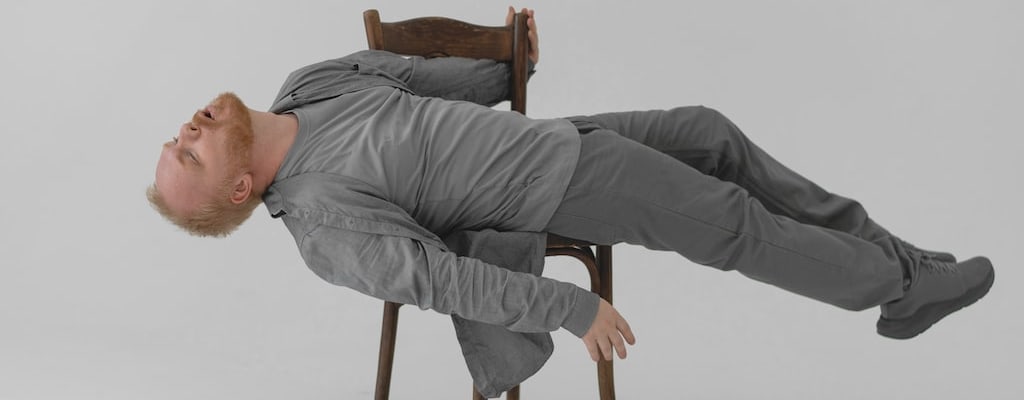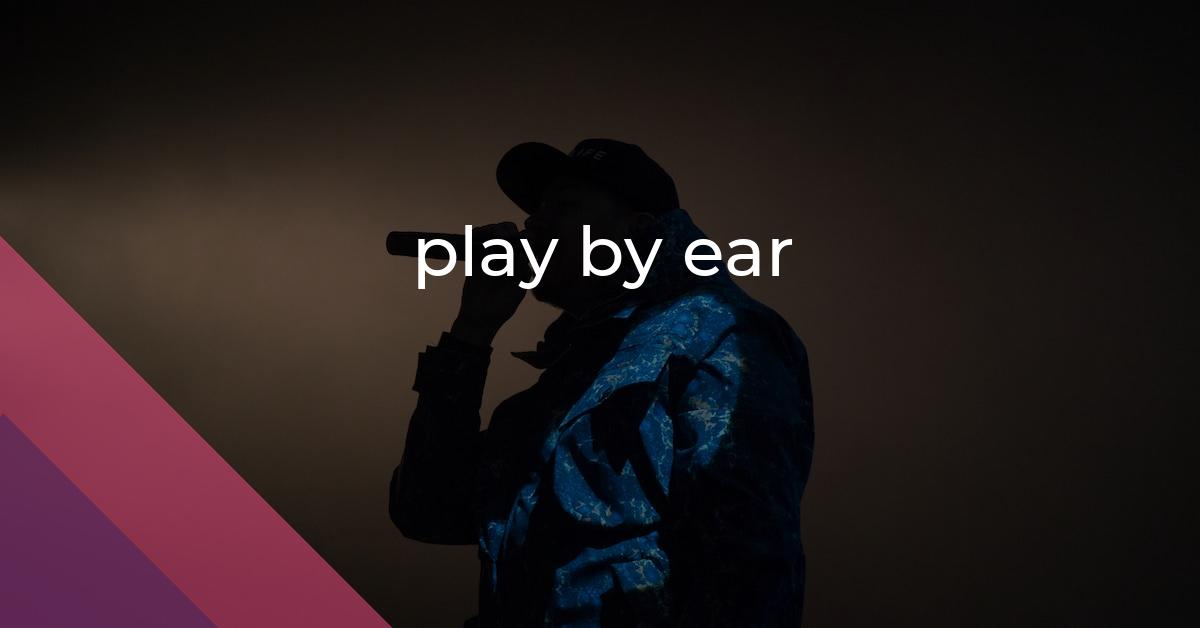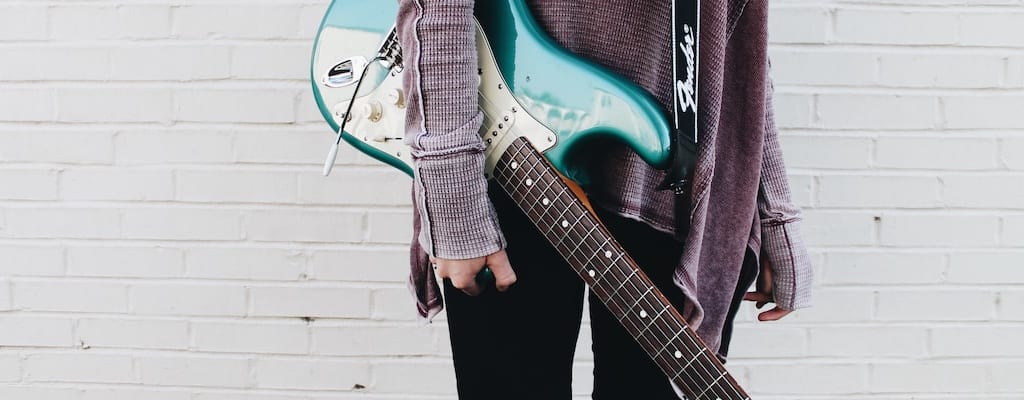play by ear: Idiom Meaning and Origin
What does ‘play by ear’ mean?
The idiom "play by ear" means to handle a situation spontaneously and without a fixed plan, adjusting actions according to the circumstances.

Idiom Explorer
The idiom "take something as it comes" means to accept a situation or event without trying to control or change it. It implies a willingness to adapt and deal with circumstances as they unfold.
The idiom "seat-of-the-pants" refers to doing something based on instinct, intuition, or improvisation, rather than careful planning or preparation. It implies a sense of spontaneity and reliance on one's own judgment in making decisions or taking actions.
The idiom "play it cool" means to remain calm and composed in a situation, especially when feeling nervous or under pressure. It involves maintaining a nonchalant or unaffected attitude to hide one's true emotions or intentions.
The idiom "play hooky" means to skip school or work without permission or a valid reason.
The idiom "play hob with" means to cause trouble or disruption, often leading to negative consequences or difficulties.
The idiom "play hardball" means to act aggressively, ruthlessly, or without compromise, typically in a competitive or confrontational situation.
The idiom "play games" means to behave in a deceptive or manipulative way, often for personal gain or advantage.
The idiom "play for time" means to delay taking action in order to gain more time or to avoid making a decision immediately.
The idiom *play for love* means to engage in an activity solely for personal enjoyment or passion, without any expectation of financial gain or external recognition.
The idiom "play first fiddle" means to have the dominant or leading role in a situation or group.
Harmonic Intuition
"fly by the seat of one's pants" is another idiomatic expression that is related to "play by ear." It is used to describe a situation where someone is making decisions or taking actions without any formal training or detailed knowledge. The phrase "fly by the seat of one's pants" originated in aviation and refers to pilots who relied on their instincts and experience rather than instruments to guide their planes.
In a similar vein, the phrase "make it up as one goes along" is closely related to both "play by ear" and "fly by the seat of one's pants." This idiom conveys the idea of improvising or devising a plan as one proceeds, without any preconceived ideas or strategies. It suggests a flexible, adaptive approach that allows for on-the-spot decisions and adjustments based on the circumstances at hand.
The expression "go with the flow" is also relevant to the concept of "play by ear." It suggests a willingness to embrace uncertainty and to adapt to changing situations without resistance. When someone is able to "go with the flow," they are open to new possibilities and can adjust their plans or actions accordingly. This idiom encourages a mindset of fluidity and responsiveness.
Similarly, the phrase "as the wind blows" encapsulates the idea of being flexible and adaptable. It suggests that one is willing to adjust their course or plans depending on external factors, just as the wind can change direction and intensity. This idiom emphasizes the importance of being attuned to one's surroundings and responsive to the changing dynamics of a situation.
The idiom "on the fly" is another expression that is connected to "play by ear." It means to make decisions or take action in a spontaneous or impromptu manner, without much premeditation or careful planning. This phrase conveys a sense of immediacy and the ability to respond quickly and effectively to unforeseen circumstances or opportunities.
"play by ear" is an idiomatic expression that encompasses the ideas of improvisation, adaptability, and embracing uncertainty. It has evolved from its musical origins to become a more generalized metaphor for making decisions and taking actions without a predetermined plan. Related idioms such as "fly by the seat of one's pants," "make it up as one goes along," "go with the flow," "as the wind blows," and "on the fly" further emphasize the importance of flexibility, spontaneity, and responsiveness in navigating through various situations. These idiomatic expressions encourage us to approach life with an open mind and a willingness to adapt and change course when necessary.
Example usage
Examples of how the idiom *play by ear* can be used in a sentence:
- She didn't have a prepared speech, so she had to play it by ear and decide what to say on the spot.
- The band didn't have a setlist, they preferred to play by ear and choose songs based on the audience's energy.
- Since I don't know the exact time we'll arrive, let's play it by ear and decide on the meeting time when we get there.
More "Expression" idioms



